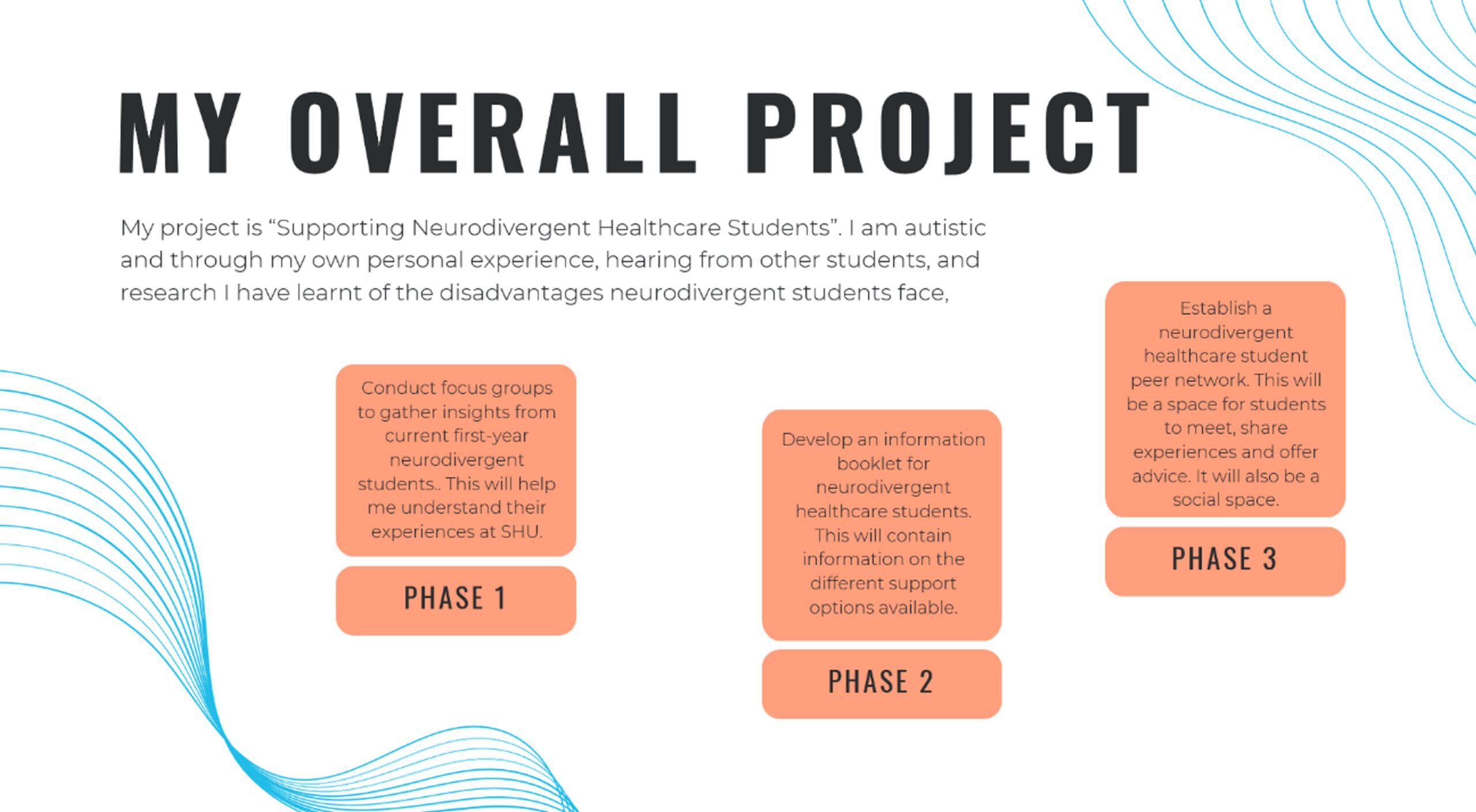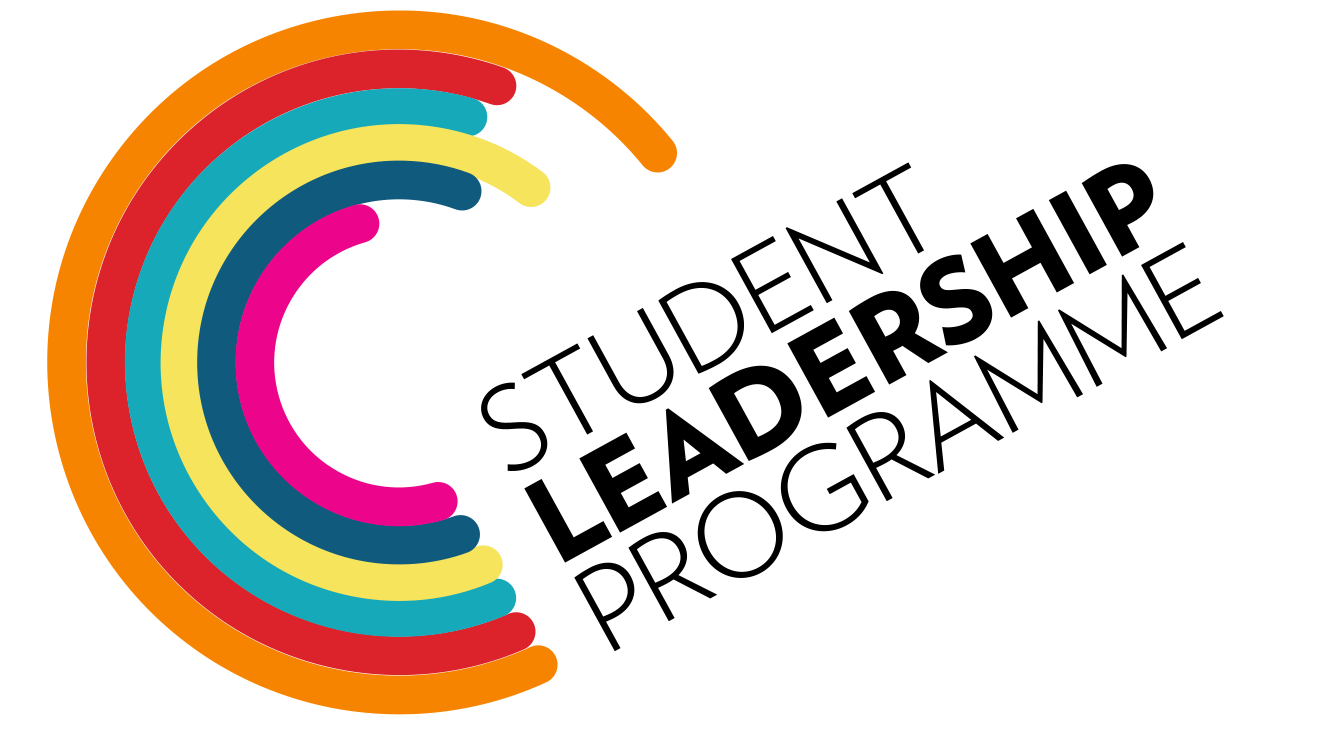A guest blog by Jessica Pidcock, Nursing Child Student at Sheffield Hallam University and member of SSHINE (Sharing Student Healthcare Initiative for Neurodiversity & Equity).
Earlier this year, I finally received my formal diagnosis of autism. I had known I was ‘different’ from a young age and suspected I was autistic after going through the process of diagnosis with my eldest child. It wasn’t for validation that I sought my own diagnosis; it was so that I could start accessing the support offered to diagnosed disabled students.
Receiving a diagnosis opened a world of support for me. However, this world was very overwhelming, and it felt like I had so many smaller fights to come. Nobody really explained to me what the different forms and processes were or even what support could be offered to me. I was aware that I could now apply for DSA, but even that seemed like a minefield.
After a few long months, I am finally getting the right support in place for me to thrive as a disabled student. I have learned exactly what I am entitled to from my university, the DSA, and my placement providers. It hasn’t been easy, but I am there.
Many students aren’t receiving the support they need.
Many students are unaware of what they are entitled to or struggle to access it.
When I applied for the #150 Leaders Student Leadership Programme, I spoke about how I felt that some disabled students, especially neurodivergent students, were being let down in accessing support. Once I was successful in getting a place, I knew that my project would be based on making the support available more accessible.
Before I can do that, I first need to know what support neurodivergent students are accessing and what their experiences are exactly. Through the support of my coach and course lead, I am starting a research project provisionally titled “The experiences of undergraduate neurodivergent student nurses accessing support” based at my university.
Over the Christmas break, I will be writing an ethics application, which will be sent for approval by my university in the same way any academic staff research approval would be. I hope then to advertise for eligible students to partake in a focus group where I will interview them about their experiences. I will then analyse their comments, drawing out the common themes. From this, I aim to have a better understanding of my peers experiences.
When I first proposed this research, I expected it to be an informal piece, just for my own fact-finding. Knowing that this research will be completed in the formal processes and would be eligible for publishing is very scary for me.
Isn’t that what this programme is really about, though?
Finding the limit of our skills and then extending them?
Undertaking a project that challenges us and helps us develop?
I think I am about to find out.

